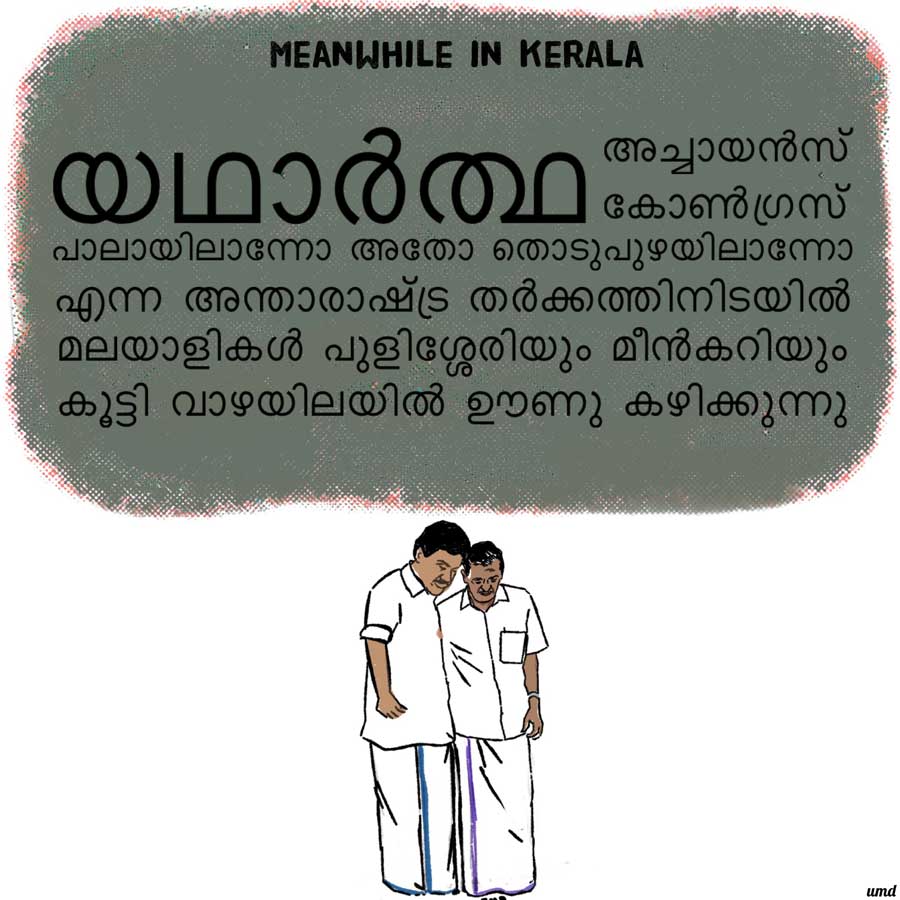The Covid-19-induced lockdowns, ordered and self-imposed, could last a while. A new epicenter has emerged in Europe. The US has been caught off-guard. South-east Asia—India included—the WHO fears, could be heading towards community transmission. Most important, nobody seems sure of how and when the virus will let up. So, March 31, the date on which mobility and other restrictions will be up for review in several countries, may not see alert levels drop.
With over 7,400 lives already claimed, an alarming numbers of fatalities being projected (one to two million deaths in the US alone, according to one estimate), and the global economy expected to take at least a trillion dollar hit as per UN estimates, containing the pandemic and saving lives and livelihoods must assume priority for governments, indeed all of us, till such time as is necessary.
Of special concern must be the situation of the elderly and the immunosuppressed, groups most likely to succumb to Covid-19, and informal sector workers and small businesses who typically have little cushion against any earning disruption, let alone the prolonged one in prospect.
Having said that, it is useful to reflect on how extended at-home confinements could bear on practices that many of us have come to accept as normal and given.
At the individual level, an extended isolation could spark questions around aspects of how work and life have been structured till now. If work proves manageable from home, people may wonder whether the sapping daily commutes, long-drawn team meetings, and all those sleep-depriving flights of years were really necessary.
If new ways of engaging and amusing themselves and their children are found, or if locally-produced alternatives prove worthy substitutes amidst global supply chain disruptions, it could be a pointer to hitherto under-explored options beyond cinema halls and malls. It may not spell the end of air travel, offices, shopping spaces, and leisure hangouts but will certainly embed new, pocket and ecologically-friendly possibilities in people’s choice matrices.
Whether abiding changes will materialize with this seeding will depend much on some of the so-called big ideas of our time–telecommuting, online education, local production, online shopping, entertainment on demand et al—living up to their promise.
For a while now, there has been an assumption, indeed an assumption bordering on faith, that these ideas and technologies will serve their purpose predictably and efficiently. Suddenly, in the time of Covid-19, that promise appears to have been misplaced.
A fundamental constraint is that of bandwidth. Slate, for example, has referred to stretched corporate virtual private networks and increased outages on stock-trading sites in the US and a flood of lost connections in Italy, primarily on account of gaming activity. E-commerce firms almost everywhere have been announcing delivery delays on account of order spikes and shipment disruptions. Some stand accused of price gouging.
Back home in India, as the state of school preparedness suggests, the challenge is not of bandwidth and order fulfillment alone. Few schools are institutionally and infrastructurally equipped to roll out virtual classes. The ones that are have legitimate concerns about reaching children from economically and digitally challenged backgrounds.
Covid-19 has cruelly exposed the state of global health and emergency response systems including in ‘advanced’ countries and the resilience of much depended on transaction models and technologies and, hopefully, will drive much-needed introspections on workplace practices and social safety nets.
If these go on to inform a future global agenda, which begins with imagining a saner future where health systems are geared for and technological efficiencies remain harvestable in the most hostile of circumstances, and social protections extend to the most vulnerable, it could be the proverbial silver lining. A global contagion may be a once-in-many-years event, seemingly imprudent to plan for, given the costs involved. As the experience is now showing, the cost of being caught unprepared is higher.







